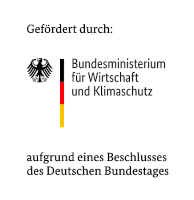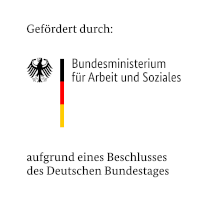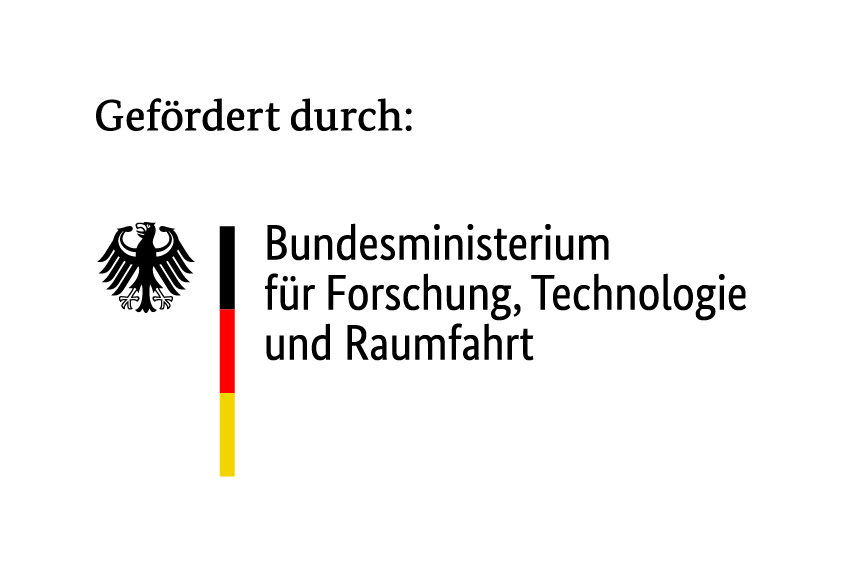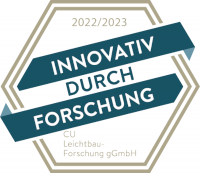The EPFL spin-off CompPair has made it to the final of the “Hello Tomorrow Global Challenge”, one of the most prestigious competitions on the international start-up scene. In addition to CompPair, two other spin-offs from the EPFL – Hydromea and Nanogence – made it through a global field of 5,000 deep-tech start-ups and onto the list of only 80 finalists who were allowed to present their business idea to the expert jury on 20 November. The Global Challenge 2020 Grand Winner was Agora Energy Technologies Ltd. (Canada).
Researchers at the Laboratory for Processing of Advanced Composites at EPFL have developed a material that can heal easily after damage. This advanced composite material could be used in aircraft, wind turbines, cars and sports equipment. If a wind turbine blade or an aircraft is hit by something, the damaged part must either be replaced or patched with resin. Replacing the part is expensive, while repairing it with resin can make it harder and change its properties. But thanks to a new, patented technology, EPFL researchers have now found a way to repair cracks in composite structures quickly and easily.
“Our technology involves incorporating a repair agent into the composite material,” says Amaël Cohades, a researcher at the EPFL’s Advanced Composite Materials Processing Laboratory (LPAC) within the School of Engineering. Cracks in the resin can be repaired on site in a short time by simply heating the material to 150°C. The heating process activates the repair agent and the damaged part heals quickly without changing its original properties. This newly introduced technology can be applied to all types of structures, at least tripling their life span. The properties of the material and the initial resistance to cracking are the same as for traditional composite materials. Moreover, the technology is compatible with current manufacturing processes, so that production facilities do not need to be converted.
This technology could be particularly useful for wind turbines and storage tanks. “The cost of maintaining wind turbines alone worldwide is estimated at 13 billion Swiss francs in 2020,” says Cohades. He says the technology could also be applied to “many parts that we do not currently need to repair, such as bicycles and car bumpers”. One limitation is that the material will not heal if the impact breaks the fibres. But since the resin is always damaged first, this heat-based self-healing system would still work in most cases.
For further information: comppair.ch

















